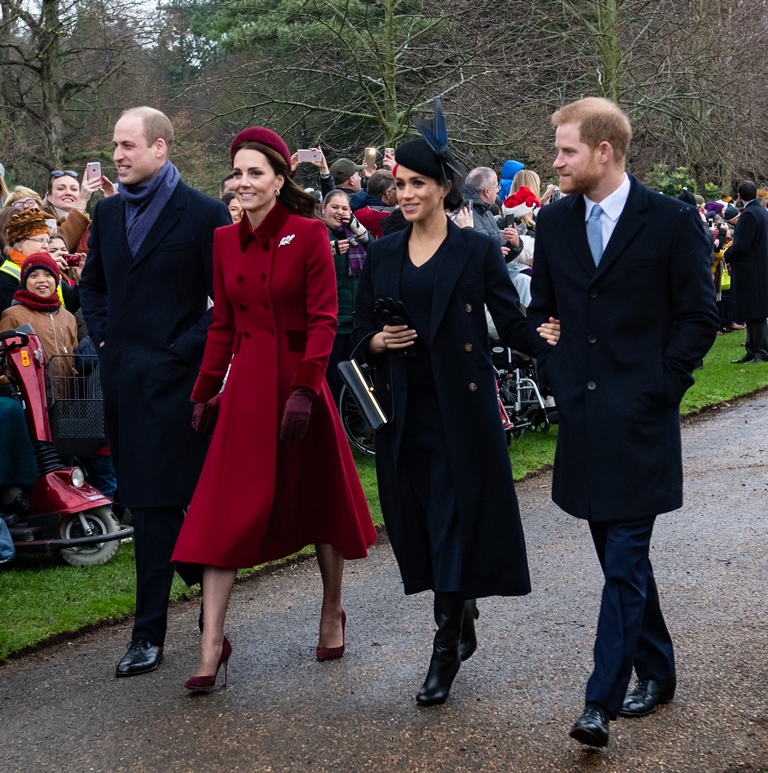Intro for June 8, 2020



Dear Gossips,
As Black Lives Matter protests continued across the United States and in many cities around the world this weekend, including Canada, defunding the police has become a major talking point and on Last Week Tonight last night, John Oliver and his team broke down the history of anti-Black racism in law enforcement, why the institution doesn’t work for all, as it claims to, and why reform, at the very least, is needed. If you can, watch the entire episode, especially the last few minutes which feature activist and author Kimberly Jones – this is the full video of Kimberly’s commentary, she is an excellent educator.
https://twitter.com/kimlatricejones/status/1269733575374647303?s=20
Unfortunately, there are still a lot of people in Canada who think anti-Black racism is exclusively an American disease. This is bullsh-t. Remember, Amy Cooper, aka Central Park Karen, is Canadian. Kathleen introduced me this weekend to the work of Larissa Crawford, the “published Indigenous and anti-racism researcher, award-winning ribbon skirt artist, certified mediator, activist” of Métis and Jamaican ancestry who founded Future Ancestor Services, “an Indigenous and Black-owned, youth-led professional services social enterprise that advances climate justice and equity with a lens of ancestral accountability”.
As we all move towards better allyship, many organisations have been talking about anti-racism training, and bringing in experts to help companies identify and change biased policies and procedures and help employees navigate workspaces fairly and safely. If you are involved at work in putting these plans together or if you would like to participate in racial bias training in your workplace, take the added step and insist that the training be conducted by Black, Indigenous, and other people of colour. And consider Larissa Crawford and Future Ancestors. Here’s an excerpt from one of her anti-racism seminars. This entire 24 minute video is essential viewing and I encourage you to watch it in its entirety when you have the time. To go back to Amy Cooper though, there’s a section here on the history of “Karens” and why the name “Karen” has come to symbolise white fragility. Start at the 13:30 mark:
It was two weeks ago today that Amy Cooper “Karened” Christian Cooper (no relation) in Central Park. It was two weeks ago today that George Floyd was murdered. Karen Attiah is the Global Opinions editor for The Washington Post. In a piece for the paper, she explained, from the perspective of a Karen, how she feels about the Karen meme. She also talked about the experience of being a Black Karen on CBC Radio and why she’s still proud to be one. As her mother told her:
“You know what, Karen? This is a time for you to be a Karen. Don't shy away from it. This is where you're going to call the manager out on racism and injustice.”
Thank you to the #Karen’s against police brutality! #protests #GeorgeFloyd pic.twitter.com/TxcAYKglwd
— Khary Penebaker (@kharyp) May 30, 2020
Yours in gossip,
Lainey
